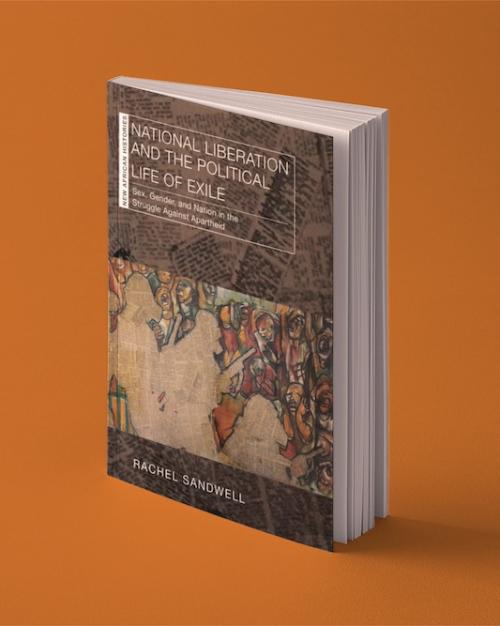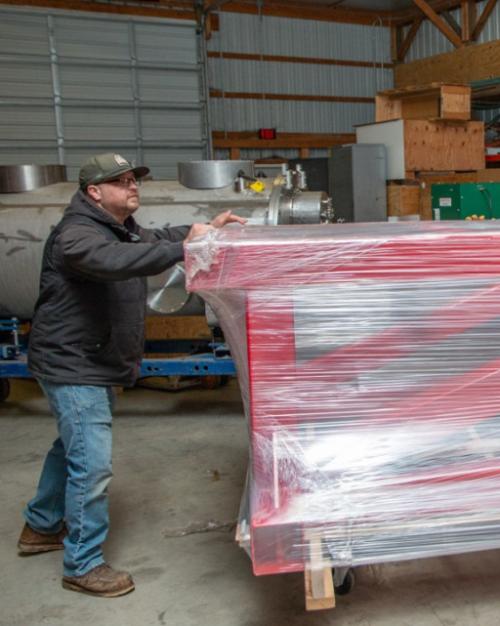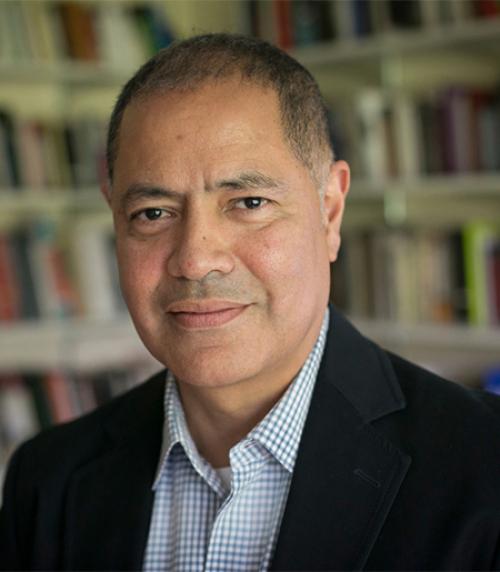In the Society for the Humanities Annual Invitational Lecture March 2, Gerard Aching drew parallels between the calls to action in books by Ta-Nehisi Coates and Franz Fanon and the unfolding of the Black Lives Matter movement.
“The ability to look upon the body affirmatively must counter the historical dispossession of the black body and, in particular, the devastating combination of undervalued life and valuable body that Coates describes and that the founding of the local chapter of the Black Lives Matter Movement in Ithaca on February 3 seeks to address,” said Aching, director of the Africana Studies and Research Center and professor of Africana and Romance studies.
The inspiration for his lecture, said Aching, was his effort to fully understand the words with which Fanon concludes “Black Skin, White Masks” (1952): “Oh my body, always make me a man who questions!” The phrase “Oh my body,” said Aching, is a rhetorical apostrophe; he drew on his colleague Jonathan Culler’s “Theory of the Lyric” to explain how this apostrophe constitutes an address to another subject, in this case the man’s body – though normally “the poetic subject’s own body is not addressed as if it were abstract or inanimate.”
But this use of the apostrophe suits Fanon’s purposes, said Aching, because the body to which it refers is black. “That is to say, black bodies belong to a sinister Western tradition in which, like the usual objects of apostrophic address, they possess a history of being invoked as abstractions, inanimate objects, or persons absent or dead.”
This use of the questioning subject who is black is shared by both Fanon’s book and Coates’ “Between the World and Me” (2015). Aching noted that Coates’ book generates many more questions than it could possibly answer, though the central one for him, is this: ‘How do I live free in this black body?’”
Coates also writes that “the questions matter more than the answers.” This desire for “constant interrogation” connects Coates and Fanon’s books, said Aching, referring to Fanon’s phrase with which he began his lecture, “always make me a man who questions.”
“Coates is ultra-aware of the dangers that the black body faces in our society, and he knows the risks of the disembodiment that would befall him should he forget to keep interrogating himself,” said Aching, “yet his answer might seem counterintuitive. As he writes: ‘The struggle is really all I have for you because it is the only portion of this world under your control. ... I am sorry that I cannot make it okay. I am sorry that I cannot save you – but not that sorry. Part of me thinks that your very vulnerability brings you closer to the meaning of life, just as for others, the quest to believe oneself white divides them from it.”
As Aching noted in his conclusion, “The legacy that Coates bestows on his son is simply an endless set of questions.”
This story also appeared in the Cornell Chronicle.
Archived video of the lecture:
“Between the World and Me:" Reflections on Race in America
Join a small-group discussion of Ta-Nehisi Coates’ thought-provoking book "Between the World and Me," winner of the 2015 National Book Award.
Thursday, April 28, 12:20-1:10 p.m.
Locations:
- Centennial Room/S2-120, Cornell Vet School
- Lobby Lounge, Appel Commons
- First floor lounge, Noyes Community Center
- Goldman Lounge, Duffield Hall atrium
- Seminar Room 100, Mann Library
- One more locationTBA




